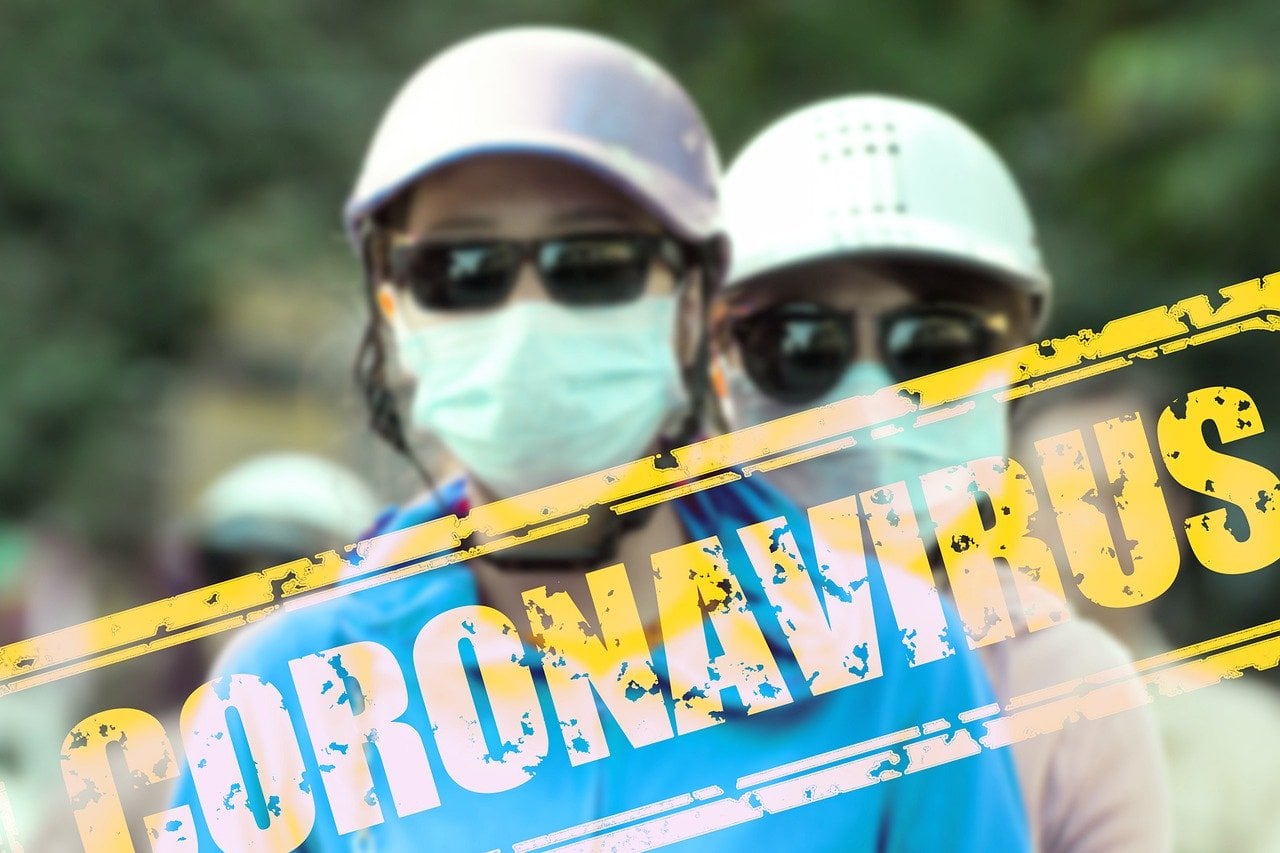Social distancing is said to be the best weapon in the fight against coronavirus or COVID-19. Health experts and authorities have long been requesting people to practice social distancing. However, not all have been following it strictly, putting not just their lives, but other lives at stake as well. If you are not following social distancing norms properly, then it is possible that the government may know about it, thanks to a massive coronavirus surveillance system.
Q4 2019 hedge fund letters, conferences and more
If you are thinking how (or from where) this surveillance system is getting the data from, the answer to this is simple – your smartphone. On Tuesday, a company named Unacast released several maps, which uses the GPS data from smartphones, showing how people are following the government mandates.
The maps also include a scoreboard, telling or grading how closely people are following the isolation guidelines. For grading, the technology compares current GPS location data to a typical day of the week. The GPS data is collected from various apps that a user has on his or her phone, such as games, maps, messaging apps and more.
According to the company, the tool calculates the scores by combining “tens of millions of anonymous mobile phones and their interactions with each other each day” and then extrapolating the results.

This coronavirus surveillance system has given an "A" grade to states like Washington D.C., Nevada, Alaska, New Jersey and Rhode Island. Other states, such as Wyoming and Montana got an "F" and a "D" grade, respectively. This tool assigns an A grade to states that witnessed a minimum of 40% drop in average distance traveled. If the drop in distance traveled is less than 10%, then it comes under an F grade.
A sharp fall in the distance traveled was also seen for locations affected heavily by the virus. For instance, New York City saw a 57% drop, while California’s Santa Clara county witnessed a 54% drop in the distance traveled. Based on the data from Unacast one can say that the states in the Upper Northwest do not appear to be very serious about social distancing, while states in the Northeast, California and Texas are practicing social distancing more.
The U.S. as a whole got a "B" grade.
How accurate are the results?
Talking about the relevance of the results, less travel could be an indication that people are working from home, canceling vacations or travel plans and avoiding nonessential trips. As per the company, the change in the average distance traveled correlates well with the number of confirmed cases. Moreover, the conclusions are effective despite they (the company) not knowing the home location of a user and fluctuations in data.
“We can start to see and learn what states are getting this right,” Thomas Walle, CEO of the company told the Washington Post. “Over weeks now, we can identify what are the states and counties that are putting measures in place, and see if the number of cases stabilizes or drops.”
However, it must be noted that these scores haven’t been ratified by outside health experts. Moreover, the scoreboard does not assess the distance people are maintaining from one another when they are outside.
Even the company admits scenarios where people can travel for long distances without meeting anyone or travel just 50 feet to end up in a crowd. Thus, the company admits that the “real world picture can be quite complex.”
Unacast, however, notes that it is constantly working to improve its analysis. A few factors that it is considering adding to the tool are changes in the number of locations visited and encounters for a given area.
"We’ll be updating the Scorecard and enhancing this COVID-19 Toolkit to provide the most timely and accurate information possible, with the hope of ultimately saving lives,” Walle said in a press release.
Is the U.S. using such a tool?
For now, there is no evidence that the U.S. authorities are using smartphones to track patients or enforce stay-at-home orders. Privacy, however, could be a big concern here.
Addressing concerns about smartphone users’ privacy, Unacast says that it does not identify individual people, devices or households. Unacast, which is based in New York, claims that it is following the California Consumer Privacy Act, as well as the European Union's General Data Protection Regulation.
However, at a time when public health and national security is at risk, some user privacy might need to be compromised. It must be noted that South Korea used an app to track quarantined people. The phones of such people would automatically alert the authorities if they left home.
There were reports last week that the U.S. government is in talks with Google, Facebook and other tech firms over using location data to fight the coronavirus, including whether or not people are maintaining a safe distance from each other. As per the reports, this data from social networking sites would be stored in a federal database and managed by health officials.




